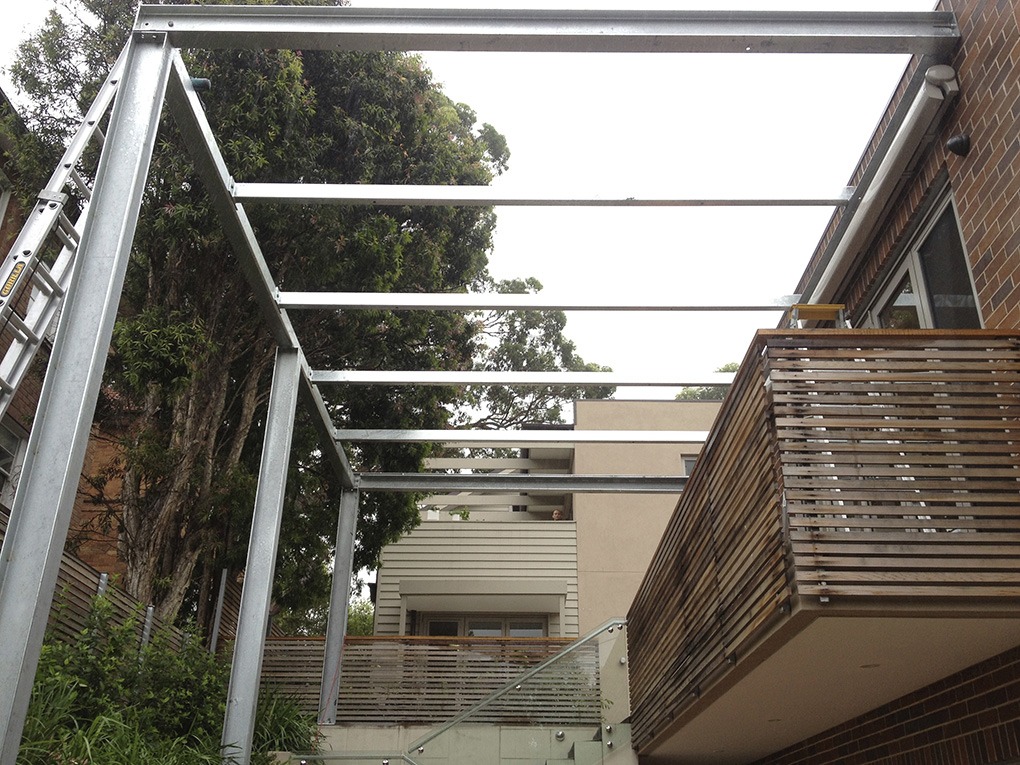The versatility and extraordinary strength of steel make it the material of choice in building and construction. With its impressive physical properties, steel can be fabricated into a range of shapes, grades and standards. This means steel will suit the needs of any construction project.
Industrial structural steel and residential structural steel share many traits. However, there are differences between these materials. The variance in alloy composition of these structural steels mean they are appropriate in different applications. Here is an overview of the main differences between industrial steel and residential steel.

While similar, industrial structural steel and residential structural steel are not one in the same. Let’s take a look at the key differences between the two.
Industrial Steel
Industrial steel is extremely strong, more so than residential steel. This makes it ideal for more heavy-duty applications. Industrial steel performs exceedingly well against environments with extreme weather conditions. Whether up against fire, wind or salt water, industrial steel will hold its own.
Carbon steel makes up 90% of all industrial steel production in Australia. This has been the case for hundreds of years due to the supreme strength and durability of steel. As industrial steel is more heavy-duty, it is generally more expensive than residential steel.
As a result of its strength to weight ratio, it is not as malleable as residential steel. Industrial steel finds its use in environments where a resistance to extremely high temperatures, pressure, chemicals, rust and erosion is necessary. For this reason, you will commonly see industrial structural steel used in marine vessels, aircraft, construction sites, wind turbines and pipelines.
Residential Steel
Residential steel is also known as mild steel. This type of steel is more soft and malleable than its industrial counterpart. Residential steel is ductile and easy to forge into a diversity of shapes and sizes. With impressive durability, the material can be re-used again and again without losing structural integrity.
Its ductility means there is more room for creativity in design and architectural freedom. Likewise, residential steel can result in a greater control over aesthetic looks. Being lighter than industrial steel, it can be framed with ease. It is also cheaper than industrial steel due to its lower tensile strength.
Various treatments can be applied to increase its surface hardness or meet the individual needs of clients. Mild steel typically contains around 0.05% to 0.25% of carbon by weight. In comparison, higher carbon steels exhibit a carbon content between 0.30% and 2.0%.
The flexible nature of residential structural steel makes it a great choice for building homes. The benefits of building a steel framed house are well-known. These far outweigh traditional materials such as wood. No lumber is needed in steel manufacturing, unlike wood framed houses. This steel is also known for its recycling potential, which results in a smaller carbon footprint.
If you are considering steel fabrication for any industrial or residential purposes and would like a professional opinion, we can help. Our team of experts have the experience and knowledge to answer any of your questions.
To contact us today, simply call, fax, email for a steel quote or drop by our Brookvale location.
